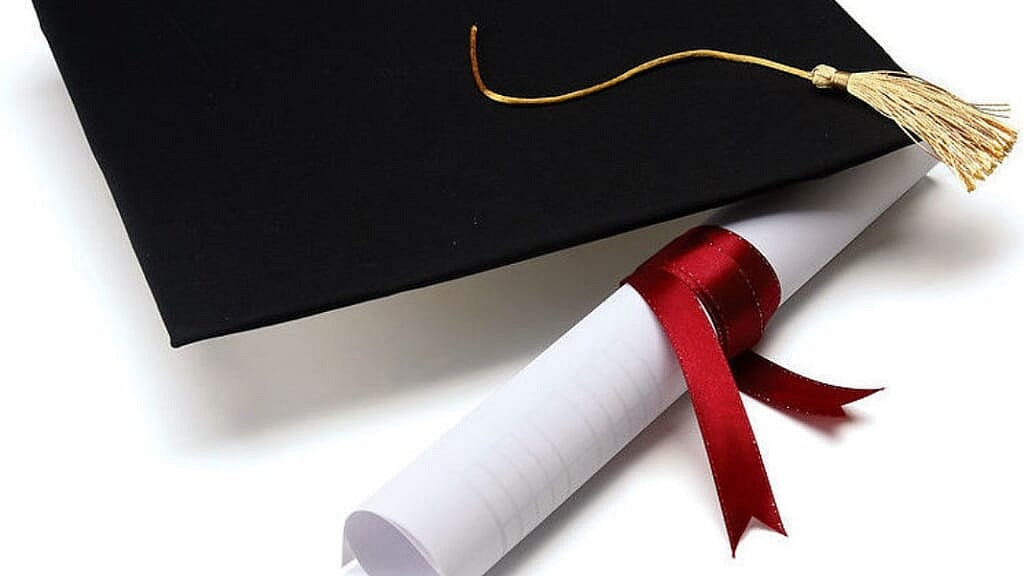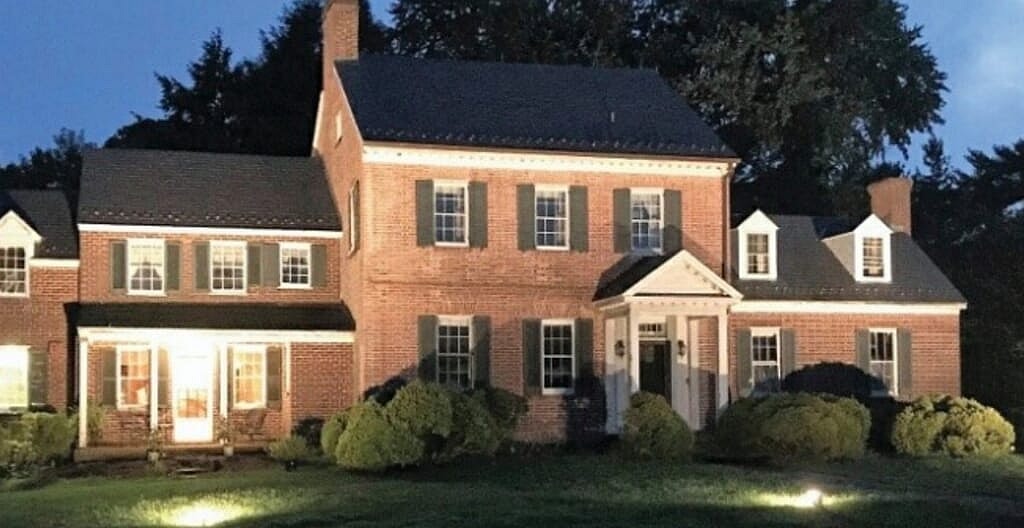The nonprofit Johns Hopkins House, Inc. will establish college and vocational scholarships for Black students. It will be in honor of slaves who worked at Whites Hall, a former tobacco plantation in Gambrills, Md., and boyhood home of entrepreneur Johns Hopkins.
House Executive Director Robert S. Brown believes the scholarships will be the first tribute of its kind to a former plantation’s slaves. “We hope for this scholarship program to become an example — a model — for other properties with similar associations with slavery,” Brown said in a statement.

Each scholarship will represent one of the Hopkins family’s slaves and will have a primary sponsor. Sydney Van Morgan, director of the Johns Hopkins University’s International Studies Program, provided the records for at least 47 slaves from Whites Hall, including names and dates of emancipation.
Internationally renowned sculptor Carolyn D. Palmer, who has sculpted figures ranging from Lucille Ball to Pope Francis, will sculpt an enslaved family to be placed in the location of the former slave quarters and other period-appropriate buildings that are to be reconstructed on the site.
“I was so moved and honored to be chosen for this project,” Palmer said. “My goal is to bring to life not only the weariness you might expect of an enslaved family but also reveal a quiet dignity and deep love and devotion for each other. This work should represent all enslaved people, and most importantly, portray their humanity.”
The Johns Hopkins House has managed the Whites Hall property, built around 1780, for more than three years through a lease agreement and is preparing to take ownership. Plans for the 14-acre property, located 25 miles south of the Johns Hopkins University campus, include a nonprofit restaurant and tavern to be built in the original house.

The nonprofit is also planning a museum – complete with a park and arboretum – designed to tell the story of Whites Hall’s slaves. It launched a GoFundMe campaign to support its efforts to restore Whites Hall.
Johns Hopkins University established the Hopkins Retrospective in 2013 to further explore the institution’s history. That retrospective uncovered Hopkins’ role as an enslaver in the spring of 2020. Daniels, president since 2009, has no intention of participating in the renaming of the 27,000-student university. Johns Hopkins University is not associated with Johns Hopkins House, Inc. nor is it engaged in any work related to the Whites Hall property.
“As I see it, our obligation in this difficult moment is to change our narrative, not our name,” he told The Washington Post in December 2020.
The news comes less than a year after Johns Hopkins University revealed that its namesake, who earned his fortune as a merchant and railroad investor in the 19th century, owned five slaves over two decades despite having a reputation in history books as an abolitionist, theGrio previously reported. Hopkins died in 1873 and left $7 million in his will – the largest philanthropic contribution in history at the time. The funds were for training colleges, hospitals, universities, and orphanages.
“The fact that Mr. Hopkins had, at any time in his life, a direct connection to slavery — a crime against humanity that tragically persisted in the state of Maryland until 1864 — is a difficult revelation for us, as we know it will be for our community, at home and abroad, and most especially our Black faculty, students, staff, and alumni,” wrote Ronald J. Daniels, president of Johns Hopkins University; Paul B. Rothman, dean of the medical faculty and chief executive of Johns Hopkins Medicine; and Kevin W. Sowers, president of the Johns Hopkins Health System in a joint message following the revelation at the time.
“It calls to mind not only the darkest chapters in the history of our country and our city but also the complex history of our institutions since then, and the legacies of racism and inequity we are working together to confront.”
Have you subscribed to theGrio’s podcast “Dear Culture”? Download our newest episodes now!
TheGrio is now on Apple TV, Amazon Fire, and Roku. Download theGrio today!

